So when one of my all-time tech heroes calls me out on Twitter in response to my blog article “Successfully Partnering with Microsoft” – I have to respond.
First, the fan-boy thing. I’ve grown up reading Jon Honeyball’s articles in PC Pro and beyond my entire 15-year IT career. From Helpdesk Technician to Business Owner, PC Pro and Mr. Honeyball have been a staple in my learning, so it was a real thrill to find myself hovering onto the radar of somebody I consider one of my “Tech Heroes”. 🙂
Microsoft’s One Way Street
Down to the matter at hand, and Jon re-iterates one of the problems I’ve heard about engaging with Microsoft from many partners – from Gold Partner level down, and that is that they see the relationship with Microsoft as being a “one way street”.
So in response – how do we actively engage with Microsoft. What does that word “engage” even mean?
What does engaging mean?
It’s fair to say, and certainly an opinion held by most vendors worldwide, that most SMB’s look at vendors and say “What can you do for me?”. They ask for NFR’s, they ask for free training, they ask for marketing funds. For a long time, we did the same.
Then, about a year ago, thanks to the influences of our peers within HTG, our attitude started to change. It was a impassioned presentation from Erik Thorsell of Minnesota based Success Computing Consulting that really struck a chord. Erik described how his companies relationship with IBM really turned his business around, and how that had all come about from treating the vendor relationship as just that, a relationship. This presentation had a profound effect on me. It all made sense.
We started to take a different attitude. We highlighted our top three or four vendors, and spoke to our account managers at said vendors to ask “What would it take for us to become your favourite partner?”.
There is usually a stunned silence at this point… but when they recover their wits, they start to share with you the goals of their role. If you’re cheeky enough to ask, they may even share with you how they get compensated for their roles personally, and how this doesn’t always (contrary to popular opinion) mean volumes of sales. For them, success in their role might mean getting their partner technicians qualified in the vendor qualifications, it might mean attracting new partners to their partner programme, it might mean positive press.
Commitments to Vendors
Taking that feedback on board, we then made commitments to the vendors around those goals.
- If it meant getting our staff trained up on the vendor products and achieving certifications, we set goals and made commitments to do just that.
- If it meant the vendor needed help with more partners joining their partner programme, we actively trumpeted the fact (remember, we choose our vendors well – we don’t work with *any* vendor) they were a good vendor and helped other partners to find them.
- If the vendors wanted positive PR, we worked with them to deliver just that.
- And yes, if it meant volumes of sales, and as an SMB we weren’t achieving those volumes of sales right now, then we committed to reaching specific volumes within a certain timescale, and integrated those goals into our business plan.
You get the idea.
The interesting thing is that then, once you’ve established the relationship as a partnership, opportunities start to present themselves and ideas start flowing both ways.
Example with Microsoft
In our case, once we started “engaging” with Microsoft in this fashion…
- Microsoft invited us to be a part of the Windows 7 Ignite programme. Our engineers were given high-level Windows 7 training, subsidised by Microsoft. We were given hardware and licenses by Microsoft to deploy to key client sites, for them to start using Windows 7 months ahead of anyone else. We even had a full blown film-crew sent to our offices to produce a highly professional video – see http://tinyurl.com/tubblog-win7video
- Microsoft invited me to represent our company as a speaker at the Worldwide Partner Conference in New Orleans last year, and again this year in Washington, DC. As our reputation as an engaged Microsoft partner grew, so more of these types of invites started to land in our laps.
- Microsoft invited to be a part of the Office 2010 Ignite programme. See point 1 above, and repeat.
And much more besides.
Focus on relationships
My role has a heavy focus on relationships with vendors. I spend many hours every week working with vendors. As a result, I now consider many of the people at those vendors as friends. I’ve heard many people who I hugely respect and have grown their businesses past the £5m turnover mark say that it’s not possible to grow to that size without strong relationships with vendors.
We’re a Microsoft Certified Partner, and a Small Business Specialist. We have 8 members of staff and offices in Birmingham. We’re nowhere near the biggest, even at the SMB level, yet we have fellow Microsoft Partners asking us “How do you do it? How do you get Microsoft to do these things for you?”.
It’s all about the relationships.
Conclusion
In summary, most Microsoft Partners, from Gold level down, assume that all Microsoft want to do is shift boxes. That’s true to a high extent, but there many people within Microsoft with a variety of goals – not all of them sales related. Once you appreciate that and start a conversation with them, you can understand how to work with the big beast that is Microsoft.
You might disagree, in fact – I’m predicting a flood of responses from people and companies who might start telling me that I’m crazy, that it’s impossible to engage with Microsoft, that it’s an effort in futility. I fully expect BPOS to be mentioned, and talk of how Microsoft are going direct at the expense of their partner programme.
All I can say is – that’s what engaging with Microsoft means to us.
Thoughts very welcome. 🙂







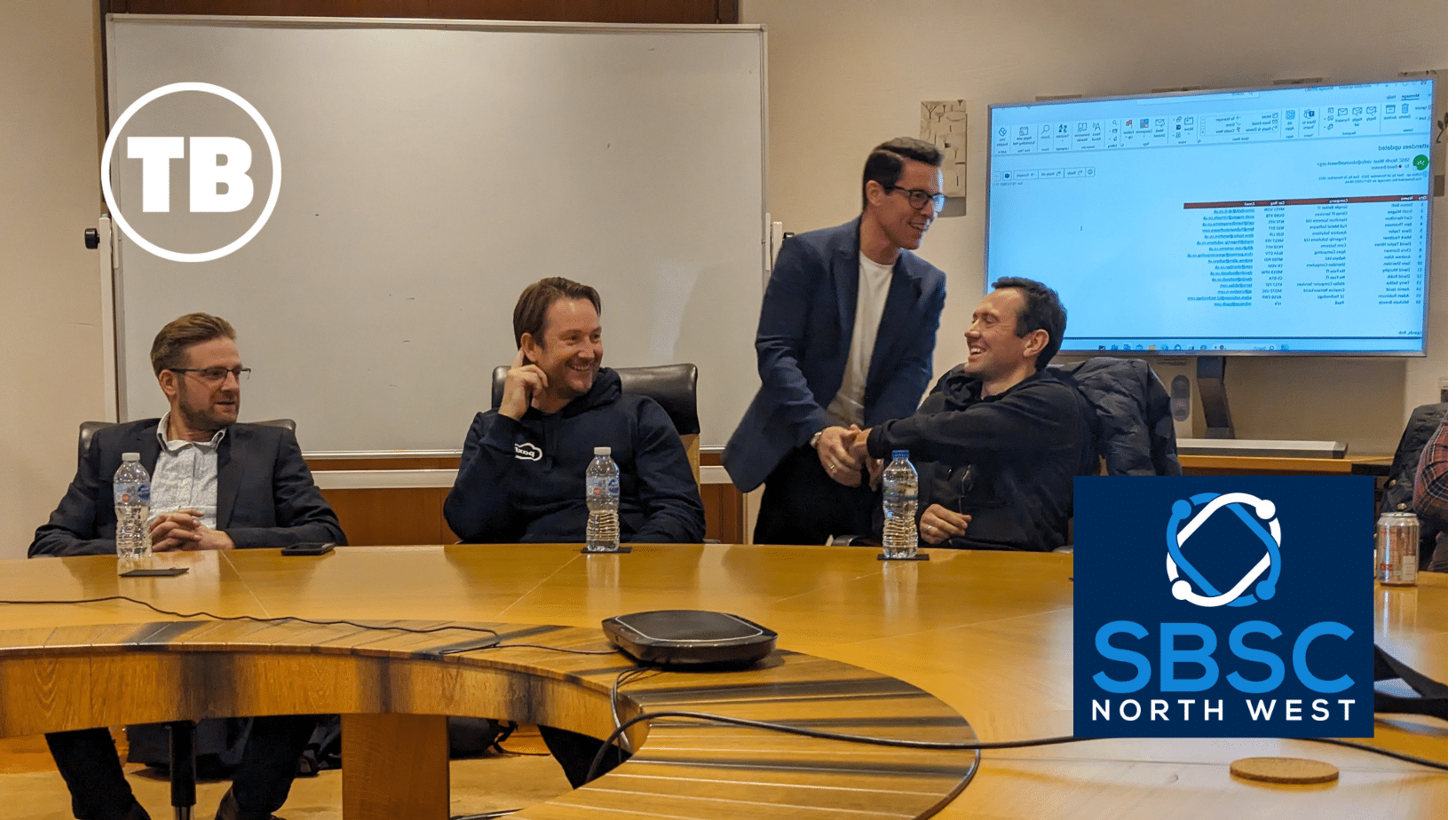
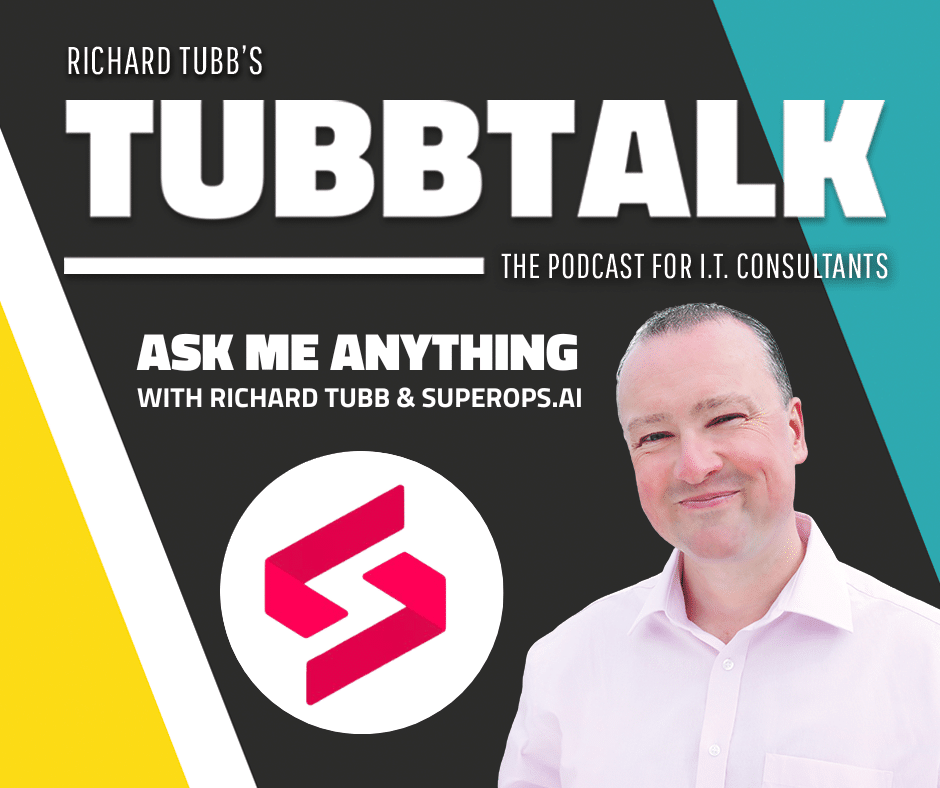
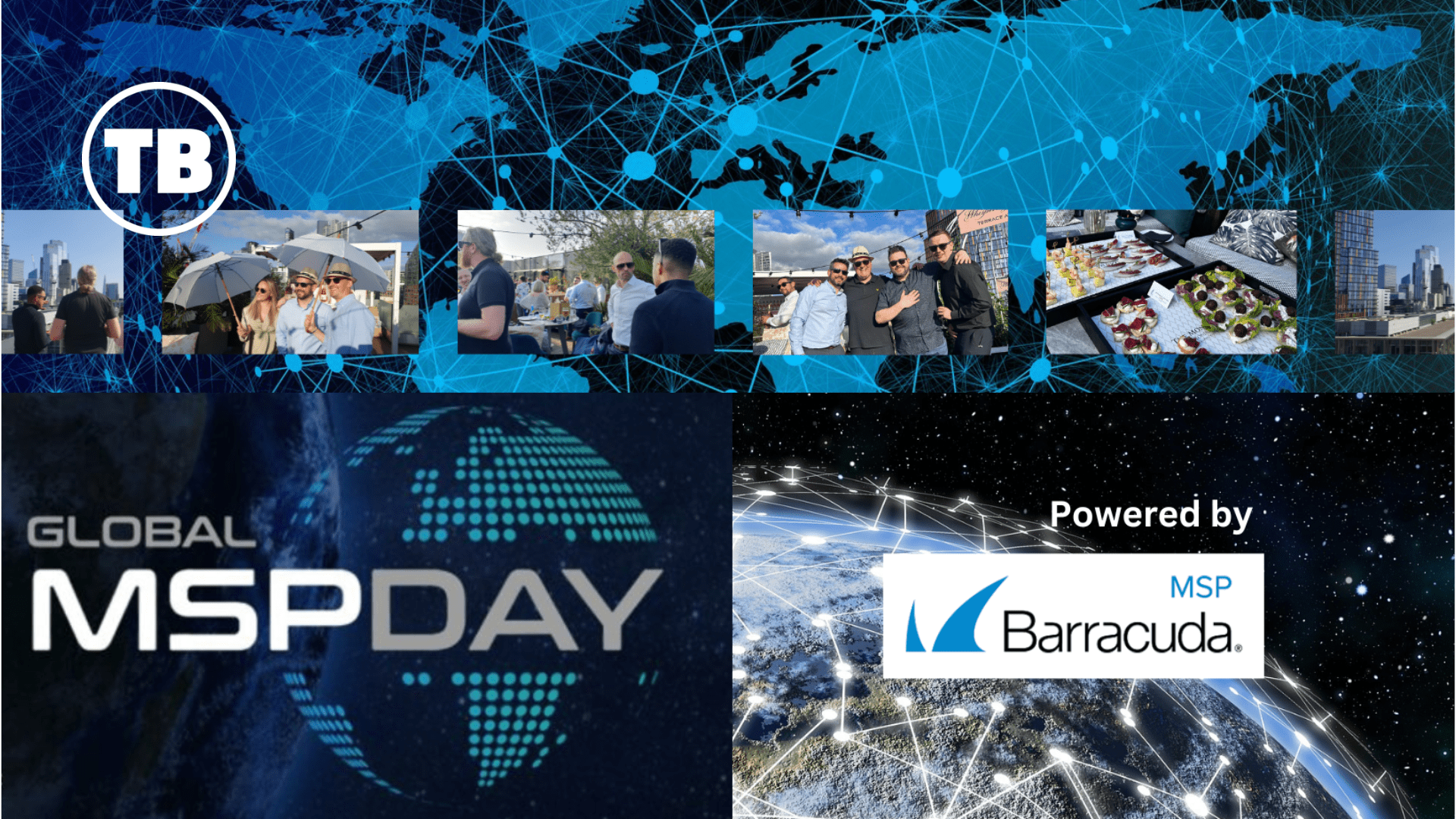


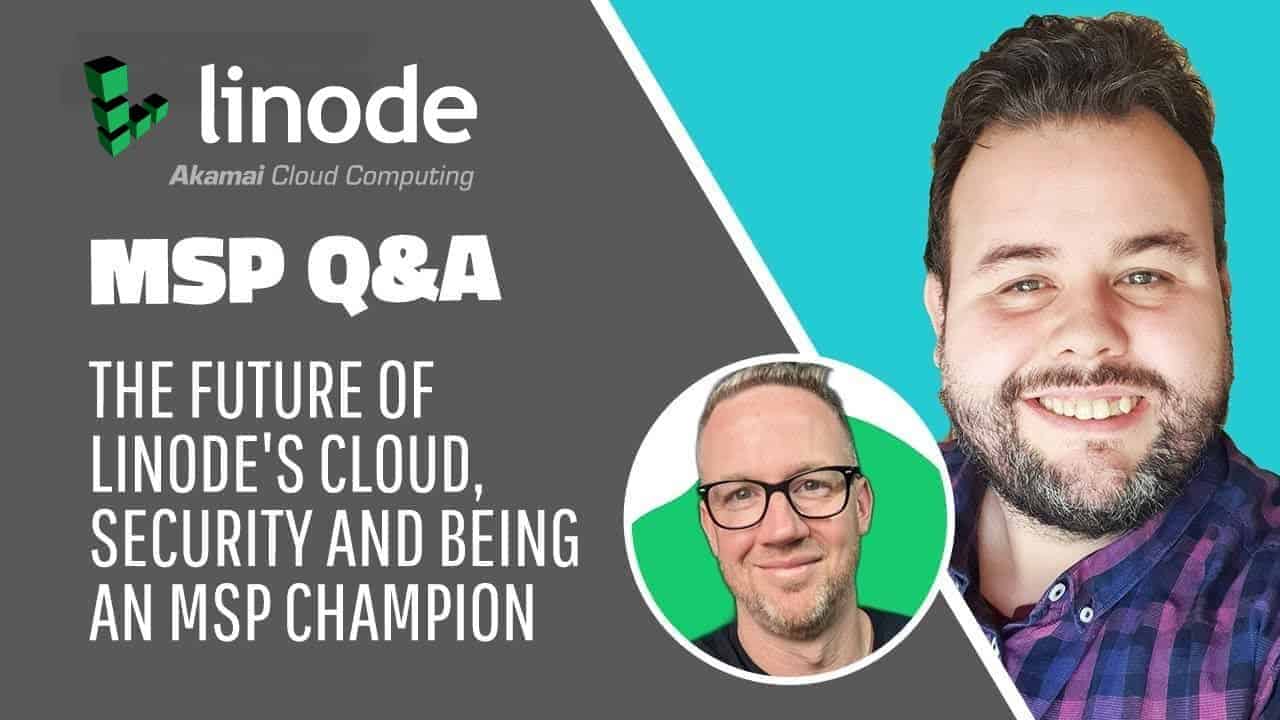

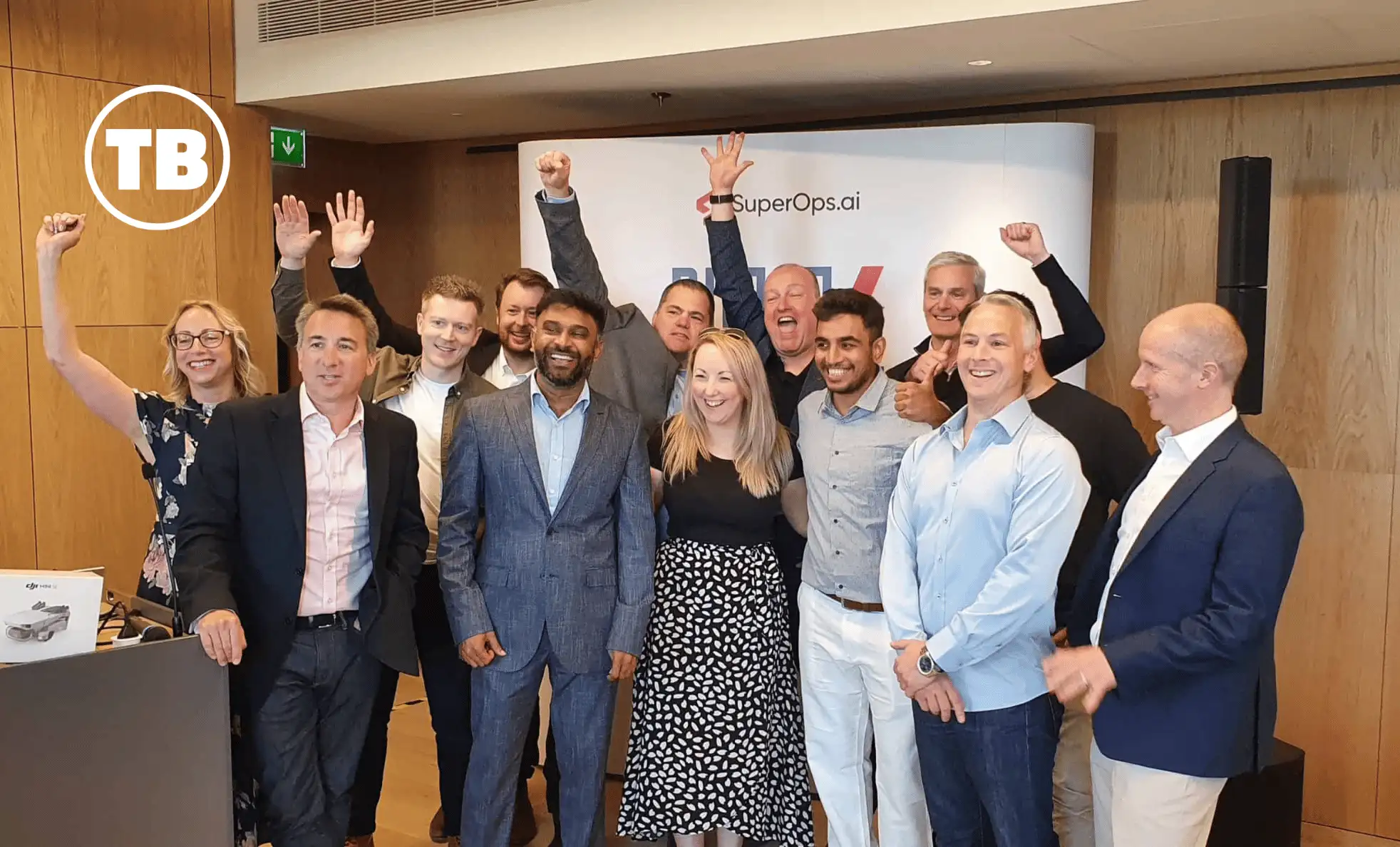
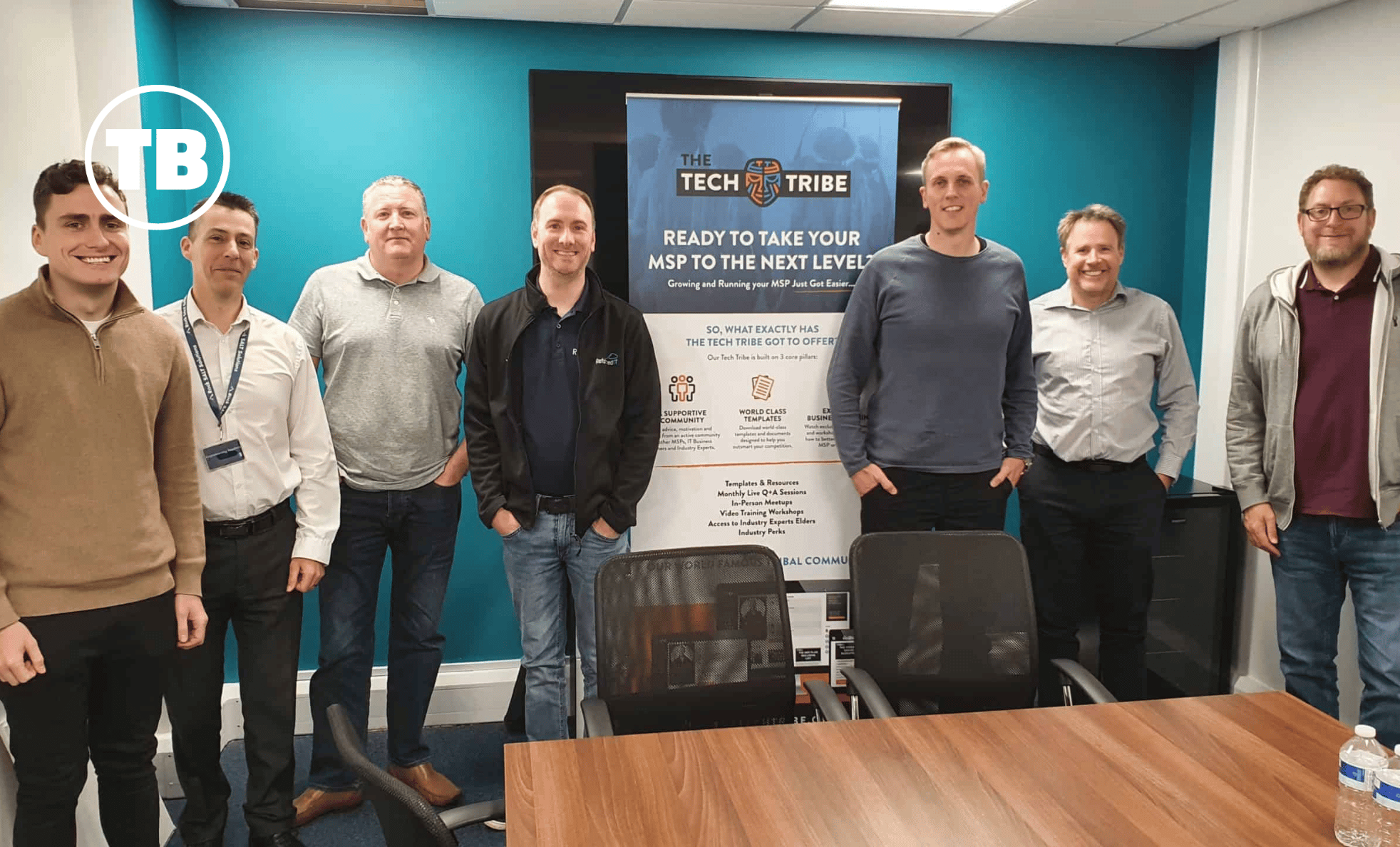
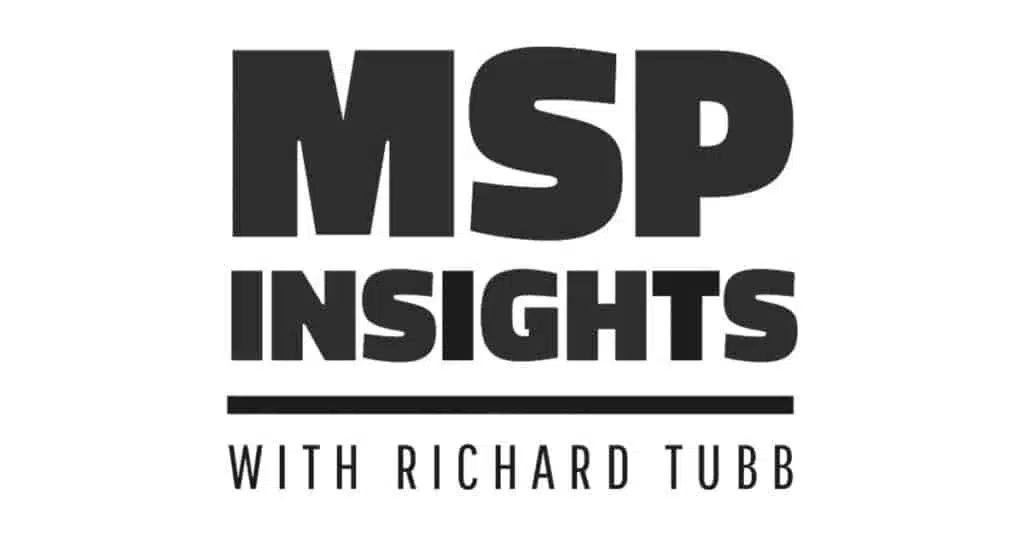
Comments